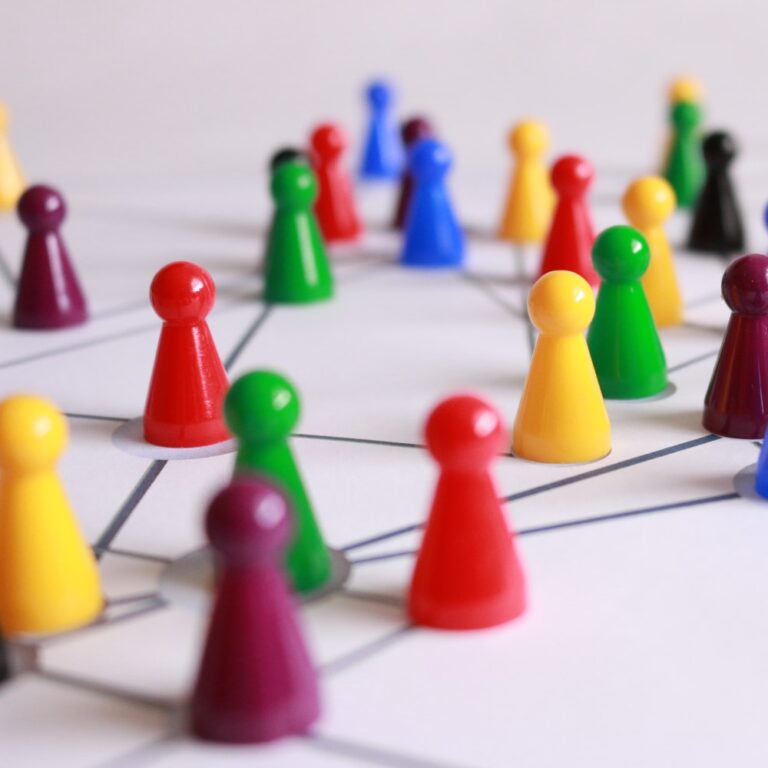Reciprocal Determinism is the name for how a person’s thoughts, behavior, and environment work together. It is vital to grasp what is going on in all three aspects when understanding a person. A person is usually a pro at the cognitive part of this. Their thoughts are theirs, so this is easier to accept. A person’s behavior is recognizable by a person close to that individual. A spouse, sibling, or parent are usually the experts here. We are left with the environment. The person nor the close individuals are the experts here. They are all in the same environment. The specialist, in this case, is usually a therapist or counselor. They are removed enough to point out aspects of a person’s environment. The idea of this piece is to promote the person’s ability to recognize all three phases.
First, we must understand this is not common. People don’t self-analyze to this extent. That is why therapists, counselors, shrinks, and others in the same realm get paid the big bucks. If we want to equip ourselves with a skill that most don’t possess, this is the skill to add. How do a person’s thoughts affect their behavior? A person feels they are overweight. Knowing they are obese, they begin to drink more water. That is a behavioral change.
A person who feels they could be a better spouse and decides to show more interest in their spouse’s hobbies. A thought caused a behavior change. How can a person’s thinking affect an environment? A person tired of being poor decides to spend time at entrepreneur symposiums and gatherings instead of the club. Their desire to change their income caused them to change where they spend their time and where they spend their money. A person who desires to move up in a company decides to distance themselves from the employees who want to leave and always finds problems with the company. They chose to remove themselves from the people who didn’t want to be there. This action made room for those who did.
How can behavior affect a person’s thoughts? I want to lose weight, but I sit and watch screens(tv, phone, CPU) for hours, scarf down junk food, finish my plate for dinner, and gobble on the food the kids leave on their plates. So, my behavior causes me to think I’ll never be able to lose weight. I desire a committed relationship, but I don’t go out much, and online dating is still weird in my eyes. This behavior causes me to think I may be better off alone. These thoughts are false, but our behaviors are making them sound factual. We have to notice these occurrences if we wish to obtain the things we desire in life. We have to help ourselves.
How does behavior affect an environment? The quick and easy would be criminals being in jail. Of course. What about determined individuals with goals versus go-with-the-flow individuals who are as inconsistent as the flow? Compare the environments of two 40-year-olds who have lived respectively. Both may be okay with their lives, but they are “okay” with two different homes, bank accounts, professions, and futures. Behavior affects your environment, and it is more apparent as the years pass. If you are on the wrong side, make the change as soon as possible.
How can an environment affect a thought? A person believing they have a problem spending too much money happens to work in a mall. What if they worked in a place that didn’t make it so easy to spend their paycheck? A person who says they are broke works at a country club. If they begin working for the same money in an environment with less affluent people, would they feel the same way? These thoughts didn’t pop up out of thin air.
How can an environment affect behavior? Have you ever walked into a buffet? You fill up two plates before you begin eating. If you walked into a traditional restaurant, would you order two main courses? No, you wouldn’t. The environment altered your behavior. What about your code-switching at work or with different groups of friends? Do you behave the same way at work as you do around your close friends and family? No, you don’t. Your environment changes your behavior.
In closing, you may never use the term reciprocal determinism. You don’t have to use it or remember it but do remember your thoughts, behavior, and environment are all affected by one another. If you cannot get to the bottom of a problem by simply addressing your thoughts, dig into your behavior and environment. This approach will expose the issue and have you appreciative of taking the time out to read a blog with some weird title.
Food for thought. You do the dishes.



